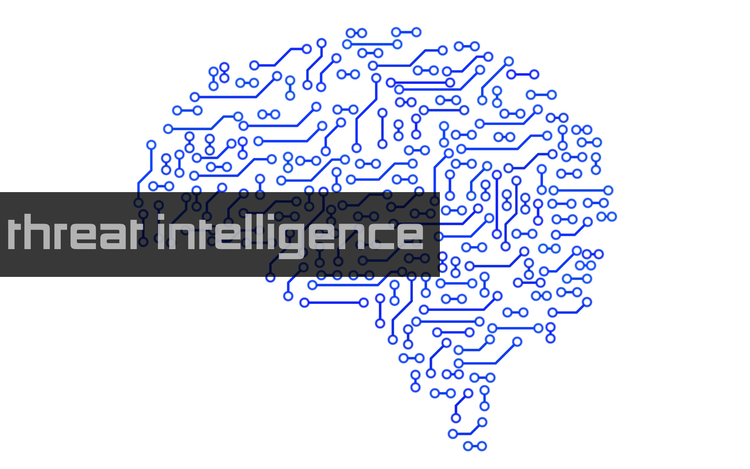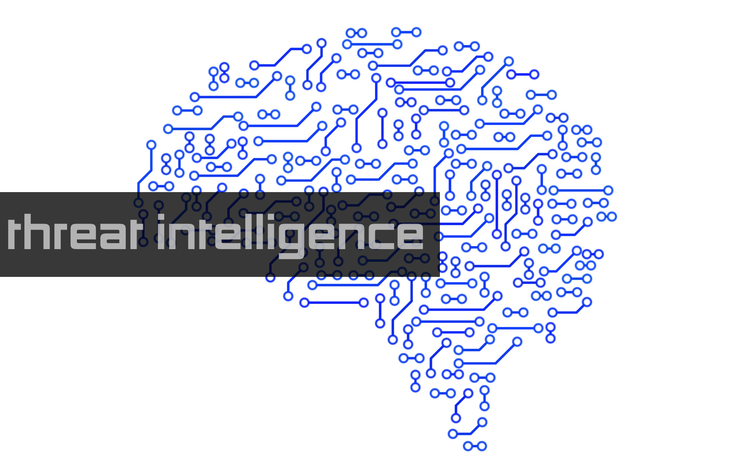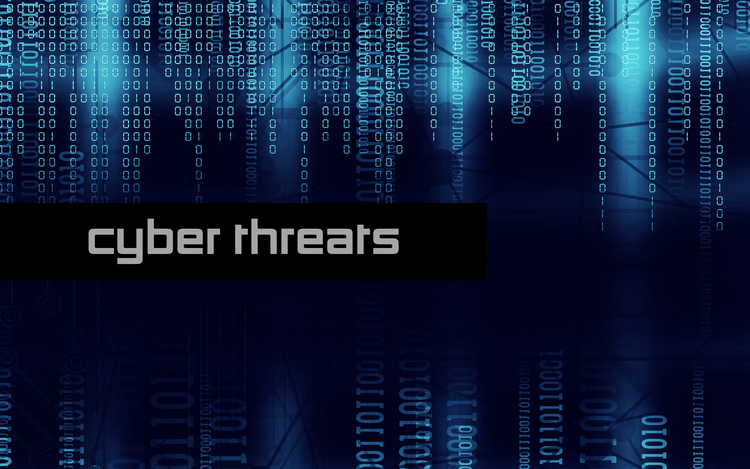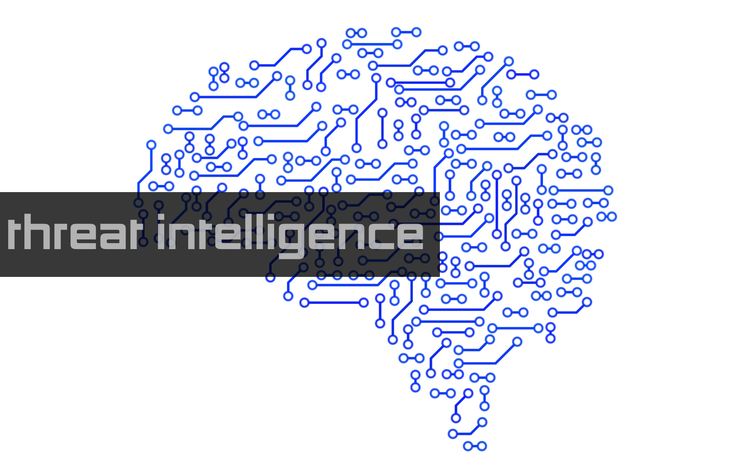Google Fixes Qualcomm GPU Exploits in August Android Update (CVE-2025-21479 & CVE-2025-27038)
Two Qualcomm GPU vulnerabilities have been patched in Android’s August 2025 update—bugs actively used in targeted attacks. Google users should update immediately to Patch Level 2025-08-05 or later. Discover what’s affected and how to stay safe.
Critical Trend Micro Apex One Zero-Day: Remote Code Execution via Management Console (CVE-2025-54948 / 54987)
Two critical command injection flaws in Trend Micro’s Apex One on-prem management console pose an active threat. Exploitation allows unauthenticated remote code execution. Trend Micro recommends using their temporary fix and restricting access until the official patch drops mid-August.
The Rise of AI-Powered Phishing Attacks: How to Stay Ahead
Phishing attacks are evolving—powered by artificial intelligence that crafts hyper-realistic messages and automates large-scale social engineering campaigns. This post explores the mechanics behind AI-driven phishing and outlines effective defenses organizations can deploy in 2025.
Patch Management in 2025: Best Practices for a Fast-Moving Threat Landscape
In 2025, patching has become a race against time. Attackers exploit vulnerabilities within hours of disclosure, making continuous, risk-based patch management essential. Here’s how to stay ahead.
Current CVEs You Need to Patch — Critical Threats in August 2025
1. Microsoft SharePoint: ToolShell Exploitation (CVE-2025-53770 / 53771)
1. What's happening: A critical deserialization vulnerability (CVE-2025-53770, CVSS 9.8)
Android "No-Touch" Remote Code Execution: Patches You Need Now
What's Happening?
Google's August 2025 security update patches a critical flaw in Andriod's System
CitrixBleed 2: NetScaler Memory Leak (CVE-2025-5777)
Citrix has confirmed a critical new vulnerability in NetScaler ADC and Gateway appliances, tracked as CVE-2025-5777. Dubbed CitrixBleed 2, this
ToolShell in the Wild: Microsoft SharePoint Zero-Day (CVE-2025-53770 & CVE-2025-53771)
What You Need To Know
Microsoft's zero-day vulnerability chain–codenamed ToolShell–combines CVE-2025-53770 (deserialization) and CVE-2025-53771 (authentication bypass)








